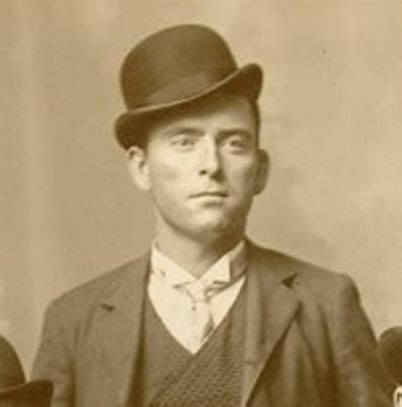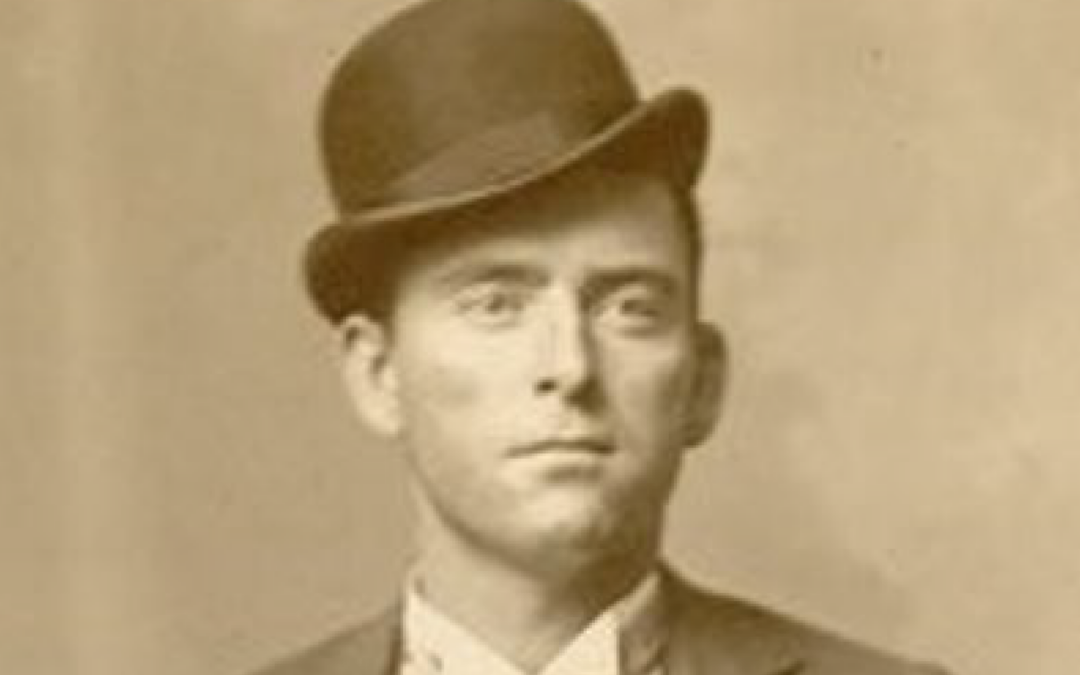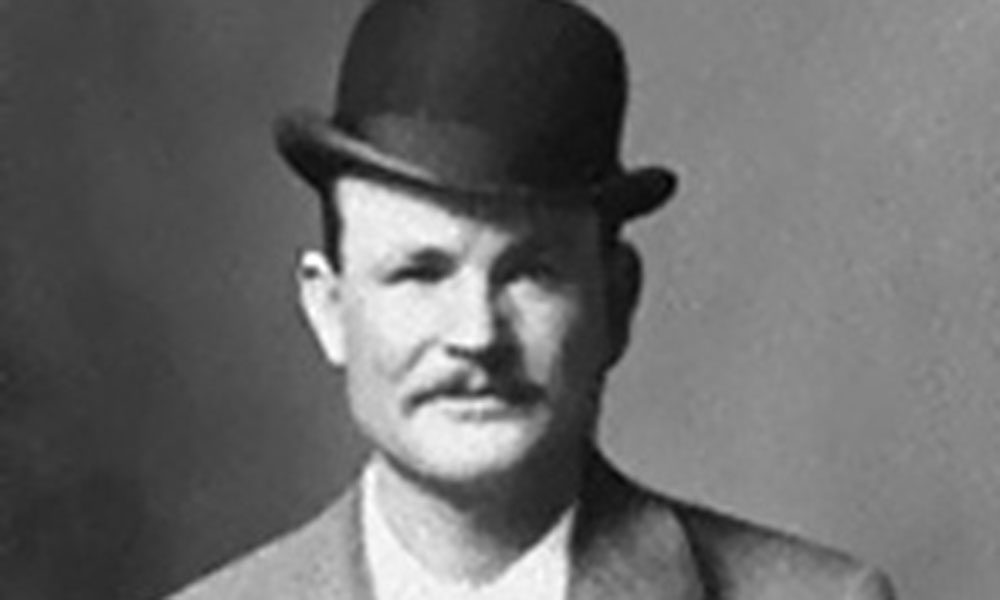
The folk bandit was perceived as one battling against the moneyed interests and they were popular among the common folks. It was said they robbed from the rich and gave to the poor. It should be pointed out, however, there was little profit to be made from robbing the poor. Outlaws felt justified in robbing banks and trains because during this age often referred to “as the era of good stealing,” the money being pilfered by them paled when compared to the grand theft going on in Washington at the time.
Railroads were charging exorbitant fees to ranchers for shipping livestock and banks were foreclosing on farmers during hard times. These folks enjoyed watching the James-Younger gang and the Wild Bunch for tweaking the noses on those two entities.
Most outlaws generously kept the money in circulation, betting on horse races and spending freely. Butch Cassidy’s folk hero image actually exceeded his outlawry. In 1898, a Chicago newspaper referred to him as the “King of the Bandits,” and the “worst man” in Utah, Colorado, Wyoming and Idaho. The article also claimed he was the leader of a gang of 500 outlaws, “subdivided into five bands.” The Wild Bunch must have enjoyed hearing this, especially Bill Carver. His nickname,”News” was given to him because he enjoyed seeing his name in the newspaper stories of the gang’s exploits.






